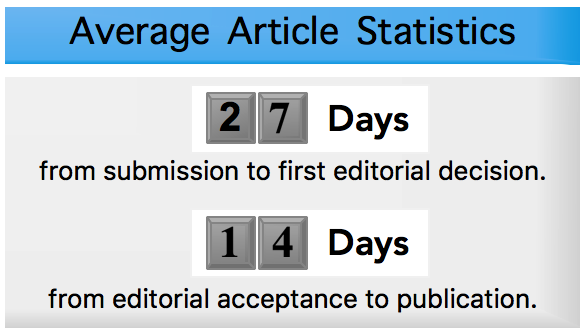Downloads
Abstract
Today, Unmanned Surface Vehicles (USV) maintain the direction and fixed position necessary for many different applications such as security patrol, transmit information, water sampling, environmental monitoring... With USV model with two hull, control and propulsion systems, both of which are specifically designed to allow the vehicel to perform this task flexibly, omnidirectional and maneuverable. With environmental effects, such as wind, waves and currents ..., it has a large impact on ships, leading to large errors or fluctuations. Therefore, a controller designed to produce better performance for USV under changing noise conditions is essential. To improve the ability of navigation for vehicles, Viam-Navi-M GPS/INS Module: integration of Inertial Navigation System (INS) and Global Positioning System (GPS) is developed with low-cost, highly accurate and stable navigation system. At the same time, the article will present the process of system development and software architecture design. Finally, with the four engine and controller propulsion system built and tested, it shows that the boat is well controlled, its ability to maintain specific direction and position for long periods of time. The postion error is maintained less than 1 meter most of the experimental time and the heading error is between -5 and +5 degrees.
Issue: Vol 3 No SI2 (2020): Special issue: Advanced Computational Methods in Vehicle Egineering
Page No.: SI93-SI101
Published: Mar 31, 2021
Section: Research article
DOI: https://doi.org/10.32508/stdjet.v3iSI2.546
Download PDF = 448 times
Total = 448 times
Most read articles by the same author(s)
- Huy Ngoc Tran, Study on image processing method to classify objects on dynamic conveyor , VNUHCM Journal of Engineering and Technology: Vol 2 No SI2 (2019): Special Issue: Bach Khoa Youth Science and Technology
- HUY NGOC TRAN, Đức Tô Nguyễn, Thái Hoàng Huỳnh, Design, simulation of AUV (VIAM-AUV1000) for research and rescue , VNUHCM Journal of Engineering and Technology: Vol 3 No SI2 (2020): Special issue: Advanced Computational Methods in Vehicle Egineering
 Open Access
Open Access 








